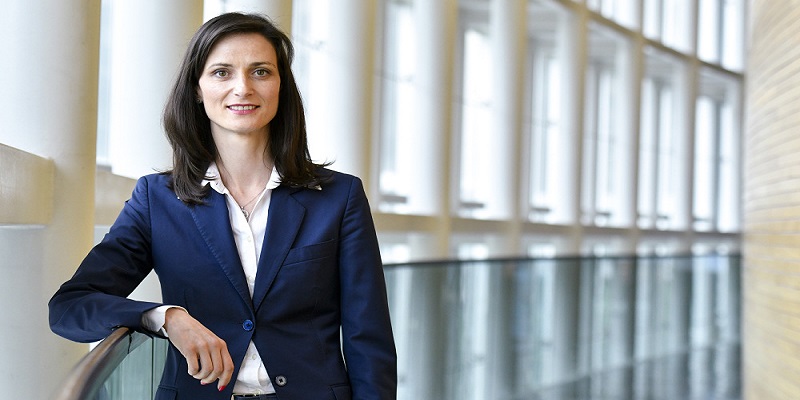At the confirmation talks in front of the European Parliament, the new Commissioner for research and innovation Mariya Gabriel committed herself to supporting new tools during her assignment in order to bridge the gap in research performance between more and less wealthy countries in the ‘European Union.
Gabriel said she wanted to review some European measures to stop the vicious circle linking brain drain, low wages and poor local investment in central and eastern European countries. Among the measures, there may also be more regular monitoring by the Commission of differences between salaries for European Eastern and Western researchers, with the aim of encouraging Member States to tackle internal problems that cause excessive waste. existing.
At present, the 13 countries, mostly from the East, have joined the EU with the 2004 enlargement, receiving just 4.8% of the total Horizon 2020 funding despite representing 17% of the EU population. Researchers from these countries are paid less within H2020 projects than their Western European counterparts, although the Commission has pointed out that these are natural national disparities rather than a program malfunction.
Some important issues still remain open on the future Horizon Europe program. First and foremost, the debate on the budget: Gabriel has declared that she will strongly support a Horizon Europe from the ambitious budget. But despite the fact that the European Parliament has proposed an increase in resources from EUR 94.1 to EUR 120 billion, these prospects are faltering as a result of resistance from various countries including Germany, the Netherlands.
Another chapter to be clarified is Switzerland’s participation in the future program: due to a renegotiation of the agreements with the EU, Switzerland does not currently appear to be among the possible third countries associated with Horizon Europe. This orientation appears to be confirmed in a note from Gabriel to the Parliament which states that agreements will probably be signed with the countries of the European Economic Area (Norway, Iceland and Liechtenstein), the countries affected by the Neighborhood Policy (including Israel) and the candidate countries or potential EU candidates (Albania, Northern Macedonia, Montenegro, Serbia and Turkey).


